This article was co-authored by Mohammad Dar, MD and by wikiHow staff writer, Hannah Madden. Dr. Mohammad Dar (MoDar) is a board certified Internist based in Boston, Massachusetts. With over seven years of experience in the medical field, he is skilled in epidemiology, healthcare, and health policy. Dr. Dar has had a myriad of experiences in healthcare, including working on the implementation of the Affordable Care Act at the White House Office of Health Reform, volunteering in rural Uganda with public health initiatives, and leading policy and on-the-ground COVID-19 operations during the pandemic. He has also worked on a number of innovative public health and insurance reform initiatives in Massachusetts. Dr. Dar received a BS in Cell and Molecular Biology and History from The University of Michigan and an MD from The University of Michigan Medical School. He completed his residency training at Harvard Medical School and Brigham and Women’s Hospital, from which he received the Golden Stethoscope Award.
There are 7 references cited in this article, which can be found at the bottom of the page.
This article has been viewed 39,110 times.
Lugol’s iodine, sometimes called Lugol’s Solution or Lugol’s Strong Iodine Solution, is a combination of iodine and potassium iodide.[1] While it’s usually used as a topical treatment to prevent skin infections, your doctor may prescribe it orally to treat a variety of thyroid conditions. To use Lugol’s safely and effectively, make sure to follow your doctor’s instructions carefully. Additionally, be on the lookout for side effects or signs of an allergic reaction.
Steps
References
- ↑ https://www.drugs.com/monograph/potassium-iodide.html
- ↑ https://www.webmd.com/drugs/2/drug-20753/lugols-oral/details
- ↑ https://www.drugs.com/cdi/potassium-iodide-and-iodine.html
- ↑ https://www.drugs.com/cdi/potassium-iodide-and-iodine.html
- ↑ https://www.ncbi.nlm.nih.gov/pmc/articles/PMC4495864/
- ↑ https://www.drugs.com/monograph/potassium-iodide.html
- ↑ https://www.drugs.com/cdi/potassium-iodide-and-iodine.html
- ↑ https://www.mayoclinic.org/drugs-supplements/iodine-and-potassium-iodide-strong-iodine-oral-route/proper-use/drg-20062037
- ↑ https://www.mayoclinic.org/drugs-supplements/iodine-and-potassium-iodide-strong-iodine-oral-route/proper-use/drg-20062037
- ↑ https://www.mayoclinic.org/drugs-supplements/iodine-and-potassium-iodide-strong-iodine-oral-route/proper-use/drg-20062037
- ↑ https://www.ncbi.nlm.nih.gov/pmc/articles/PMC4495864/
- ↑ https://www.nhs.uk/conditions/vitamins-and-minerals/iodine/
- ↑ https://www.mayoclinic.org/drugs-supplements/iodine-and-potassium-iodide-strong-iodine-oral-route/before-using/drg-20062037
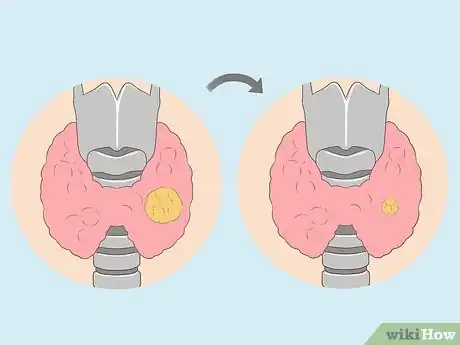
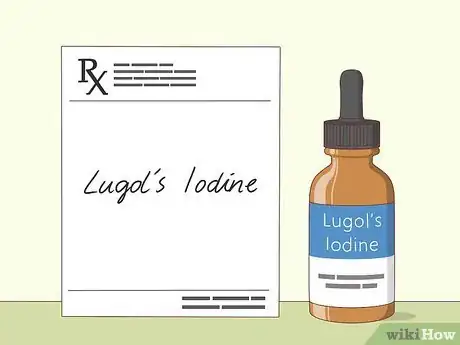

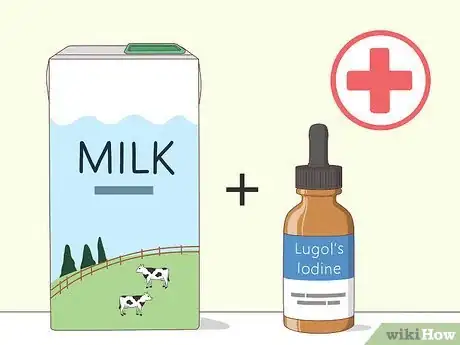
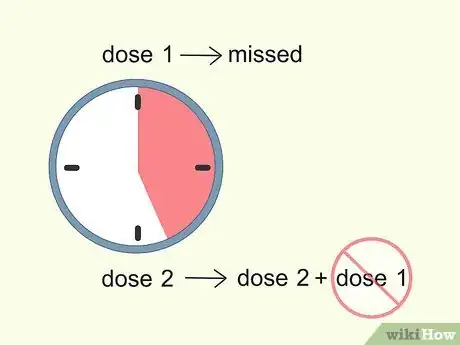


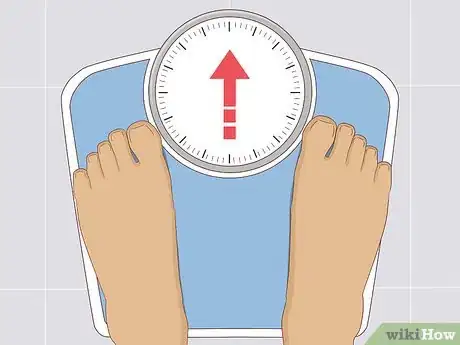





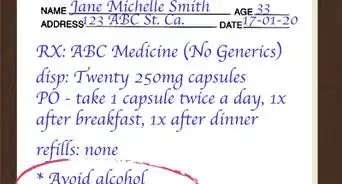
-Step-17-Version-3.webp)

-Step-23.webp)





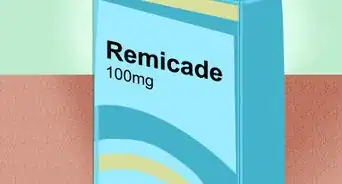









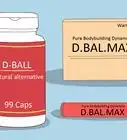




































Medical Disclaimer
The content of this article is not intended to be a substitute for professional medical advice, examination, diagnosis, or treatment. You should always contact your doctor or other qualified healthcare professional before starting, changing, or stopping any kind of health treatment.
Read More...